Amid the country’s forex scarcity, an undercover Platform for Investigative Journalism (PIJ) investigation, has uncovered a syndicate undermining the economy by producing counterfeit banknotes, including US dollar bills and other foreign currencies. FLORENCE PHIRI An investigation by the Platform for Investigative Journalism (PIJ) has uncovered syndicates operating in Karonga, a border district, involved in printing counterfeit US dollar banknotes and further destabilizing an economy already grappling with acute foreign currency shortages. While the US dollar remains the primary target for counterfeiters, the syndicates are also producing fake 5,000 Kwacha banknotes, Tanzanian Shillings, and South African Rand. Over the course of a months-long investigation, our undercover team gathered evidence of the criminal operation, documenting the methods used to produce counterfeit dollars and the channels through which the fake currency is introduced into the economy. The United States government, while stating it was unaware of the development, has warned that the counterfeiting of US dollars could prompt action against those involved. Section 54 of the Reserve Bank of Malawi (RBM) Act of 2018 prescribes a maximum penalty of a K15 million fine and up to seven years' imprisonment for the production, possession, or circulation of counterfeit Malawi Kwacha currency. A Syndicate’s Base Karonga, a bustling border district at Malawi’s northern tip, is at the center of the illegal activities. The area thrives on cross-border trade with neighbouring Tanzania, which has access to the sea. This trade drives a high demand for foreign currency among traders from landlocked Malawi. For decades, an informal foreign currency trade run by money changers, locally known as a chenji, has thrived in Karonga. However, what the PIJ investigation reveals is far more sinister than a mere black market: counterfeit money is being produced in the district. Our investigation began with a tip from a whistleblower familiar with the syndicate’s activities. Armed with the names of the key traders, our undercover reporter approaches three of the producers, posing as a prospective buyer of counterfeit cash. As the reporter gains the syndicate’s trust, we escalate the operation by proposing to invest in the illegal trade itself. The investigation began with a WhatsApp message from a man identified as Daniel, who explained his role in assisting the printers to ‘clean’ the counterfeit currency, referred to as 'black money.' The Airtel Money account linked to his phone number suggests his full name is Daniel Chibesakunda. Daniel introduced us to two men involved in the actual counterfeiting. The first, Mwaikistu—also referred to as 'the elderly man'—assured our undercover reporter that he could deliver the requested amount. (The Airtel Money account linked to his phone number identifies the owner as Mike Tembo.) Mwaikistu later invited the reporter to his home, located about two kilometers from the town center. He explained that the counterfeit money was printed at his home but admitted he had run out of the materials needed for the operation. "If you want the money, that's not a problem; we can provide it. It's unfortunate that I don’t have the papers right now, but we deliver them in cartons upon cartons," he said. While speaking with the reporter, he called a friend to inquire if the counterfeit cash was ready. The friend confirmed he could sell at least $2,500 in fake banknotes for MK17 million, rejecting the reporter's proposed $5,000 deal. Next on the list of counterfeit money producers is a man known as Mabanga. An Airtel Money account linked to his phone number identifies him as Dennis Mwangonde. Mabanga is reputed to have the best connections in the counterfeit trade, a factor that helps his business thrive. When our reporter requested $10,000 in counterfeit banknotes, Mabanga immediately began making phone calls. He even showed the reporter samples of the fake banknotes, an interaction that was carefully documented by our undercover team. Like Mwaikistu, Mabanga also operates from his home, situated on the banks of Lake Malawi. While the reporter ends up without buying the fake dollars, as days pass after the contact, the members of the syndicate, still convinced the reporter is a credible potential client, follow up on the conversation, offering the dollars and sending, via WhatsApp, video confirmations of the production of the bank notes. “Business ili ready” (the business is ready) writes Daniel at some point. The RBM has to address the challenge of fake foreign currency while the real one is scarce. When PIJ eventually returned to Karonga, rumors of a police investigation into the syndicates had forced members to go underground. When we followed up with Mabanga about his offer, he was less forthcoming, citing concerns about the reported police raids targeting counterfeit money producers. A profile picture of the phone number used by Mabanga Mabanga claimed he had received a direct tip from Police Headquarters in Lilongwe, advising him to go underground ahead of the planned raid. "‘You can come, and we can discuss the issue, but you know it’s very dangerous. Fiscal police are in the district, and many of my friends have been arrested," Mabanga told our reporter during a phone call. ‘I’m also afraid you could be a trap (mbola), but I’m safe because I got a call from Police Headquarters warning me about the Fiscal police presence. Also, I don’t keep the money in my house—I’m usually smart about that, so I leave no trace. Let me know when you arrive, and we’ll meet to discuss the business.’" However, when our team arrived in the district, Mabanga backed out of the meeting. Despite requests for him to arrange a meeting at a time and place of his convenience, he failed to follow through. After promising to contact the team the next day at 10 a.m., Mabanga stopped answering calls. Confrontation When formally confronted by PIJ about their activities, Daniel, Mabanga, and Mwaikistu all denied any involvement in the counterfeit money trade. Mabanga was the first to deny any involvement, claiming he had never told anyone he was part of the counterfeit money trade. He dismissed PIJ's formal inquiry as a baseless threat. “What you are saying is something I don’t know,” Mabanga said. “You cannot just call people who are not involved. Do you know what business I do? Why should you push a matter you have no information on? I will pass this phone number to a lawyer.” "Mwaikistu also denied any involvement in the counterfeit money trade. “I don’t know anything,” he said before abruptly ending the call." Daniel, for his part, acknowledged receiving numerous inquiries about counterfeit money but insisted he has never been involved in the trade. “People ask me about fake money because I was involved in the trade of precious stones and minerals,” he told PIJ. A Growing Menace Responding to a PIJ questionnaire, Muopeni Ngwaro, the Director of the RBM Currency Department, described counterfeit banknotes as a significant concern, noting their impact on both businesses and banks. According to RBM, 10,952 counterfeit notes were withdrawn from circulation in 2020, followed by 623 notes in 2021, 2,923 in 2022, and 2,455 in 2023. Banks have been working with the Malawi Police Service to track and record counterfeit notes on a monthly basis. Ngwaro explained that counterfeiters primarily target high-denomination banknotes, including the K5,000, K2,000, and K1,000 notes, due to the higher returns they yield compared to lower-value denominations. “The K500 note is also occasionally targeted by counterfeiters,” Ngwaro said. "RBM has managed to curb this malpractice through ongoing currency awareness campaigns, stakeholder engagements, and enforcement efforts in collaboration with the Malawi Police Service," he added. In response to questions about the U.S. government’s position, a spokesperson for the U.S. Embassy in Lilongwe stated that the government was unaware of the syndicates operating in Karonga. However, they emphasized that the illegal printing of U.S. dollar banknotes is a crime, regardless of where it occurs. "Any report of counterfeit U.S. dollars brought to our attention will be reviewed and investigated,’ said the Embassy's Public Affairs Officer Grant Phillipp, in a statement to PIJ. Phillipp explained that under U.S. law, the intent to defraud, falsely make, forge, counterfeit, or alter any obligation is a criminal offense punishable by a fine, a 20-year prison sentence, or both. “While the Secret Service has jurisdiction throughout the world to review and verify counterfeit U.S. dollars, the investigation of any counterfeit would be conducted in accordance with the laws of each individual country, by the appropriate law enforcement agency, in close coordination with the Secret Service,” added Phillipp. The Malawi Police Service did not respond to PIJ's inquiries on the matter. READ MORE: FUGITIVE SA FRAUDSTER ARRESTED IN MALAWI This article was produced by the Platform for Investigative Journalism (PIJ), a non-profit and public interest centre for investigative journalism. ABOUT THE AUTHOR
FLORENCE PHIRI is a journalist based in Lilongwe. She was part of the BBC Africa Eye team that investigated the plight of Malawi women trapped in Oman under abusive labor conditions. Email: [email protected]

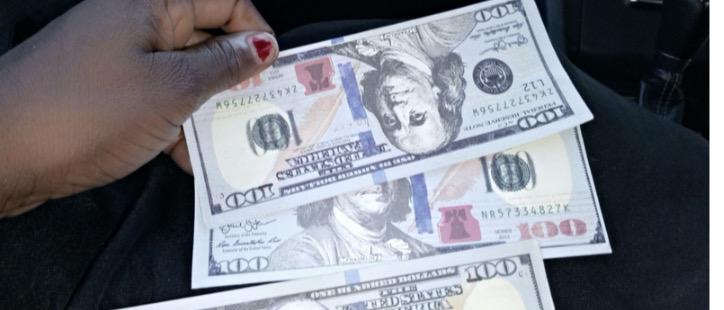

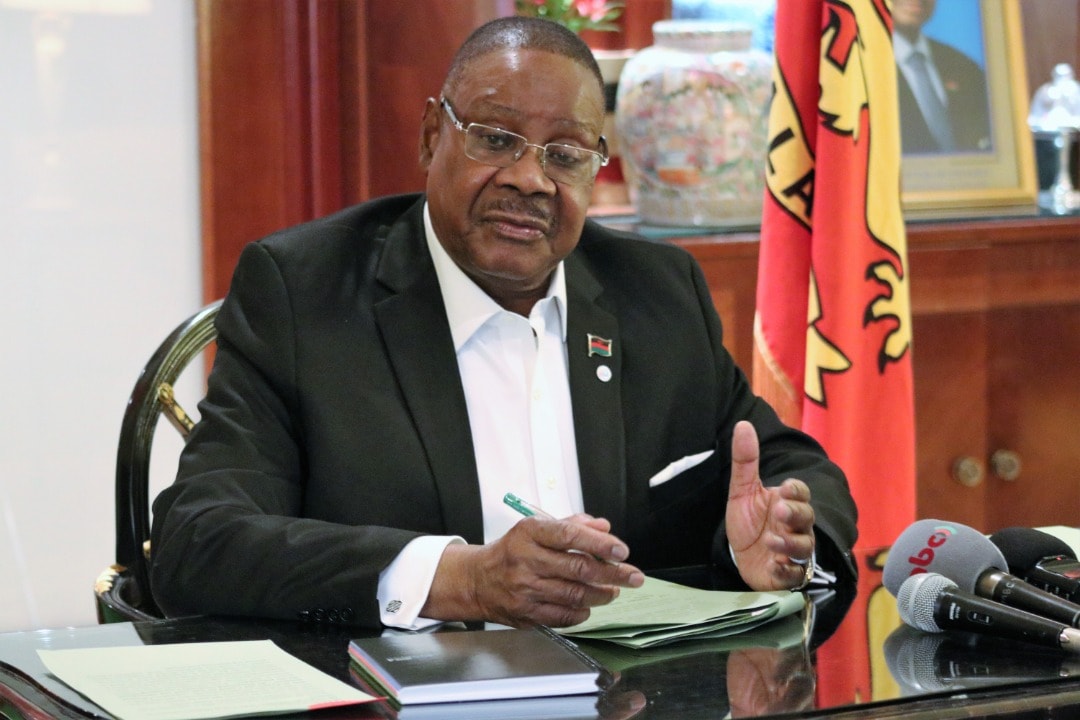
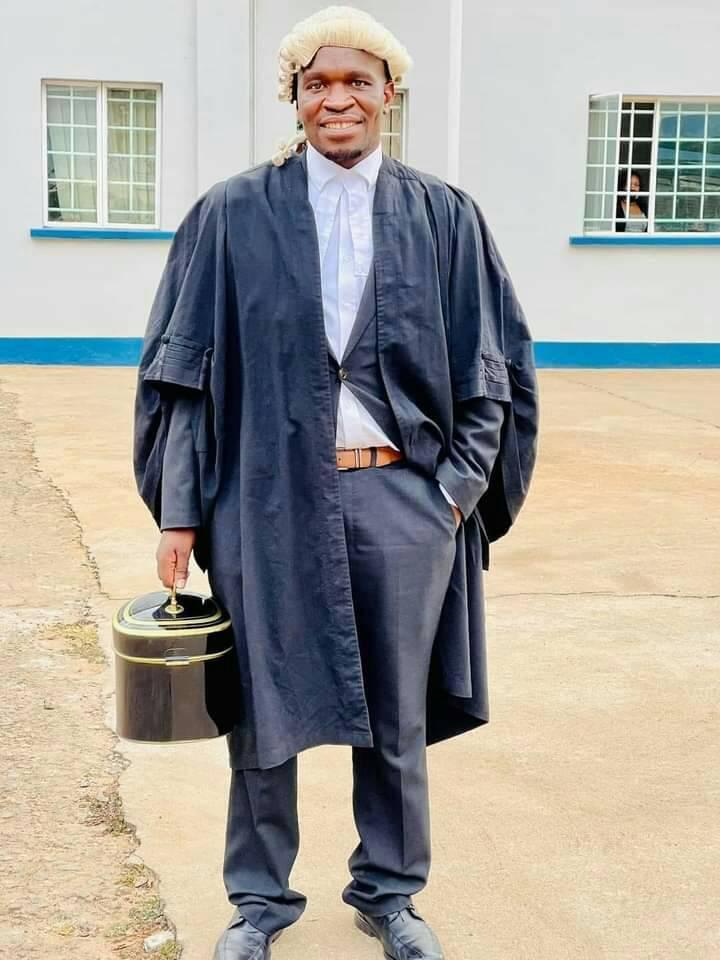
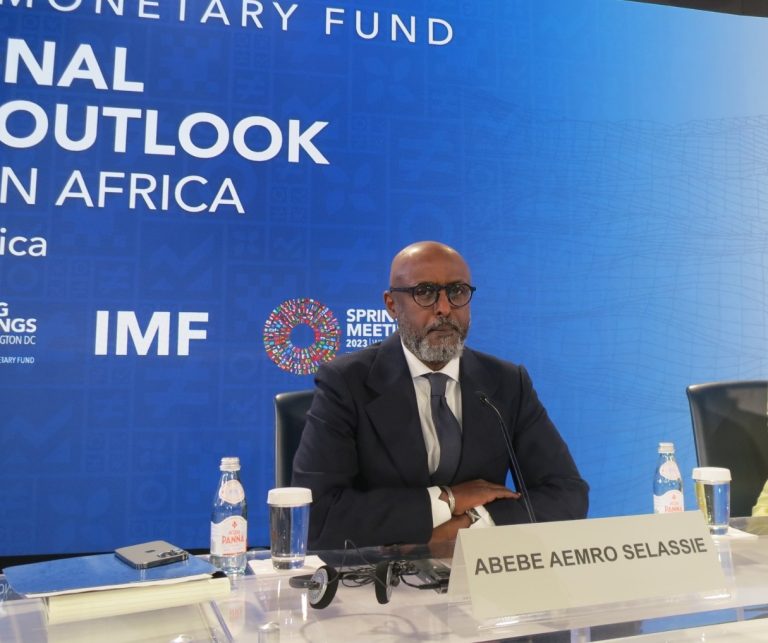
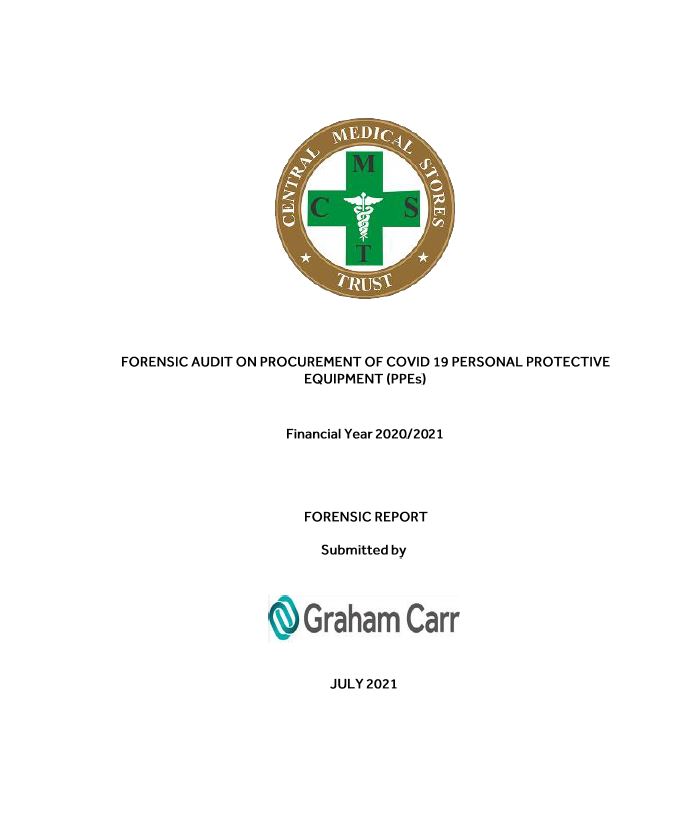
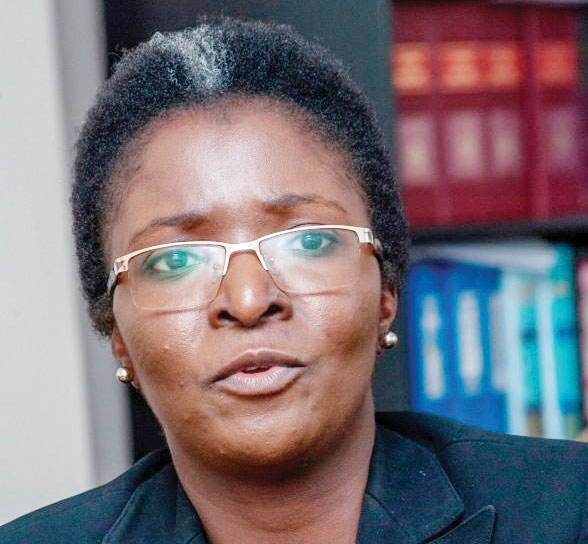
.png)
